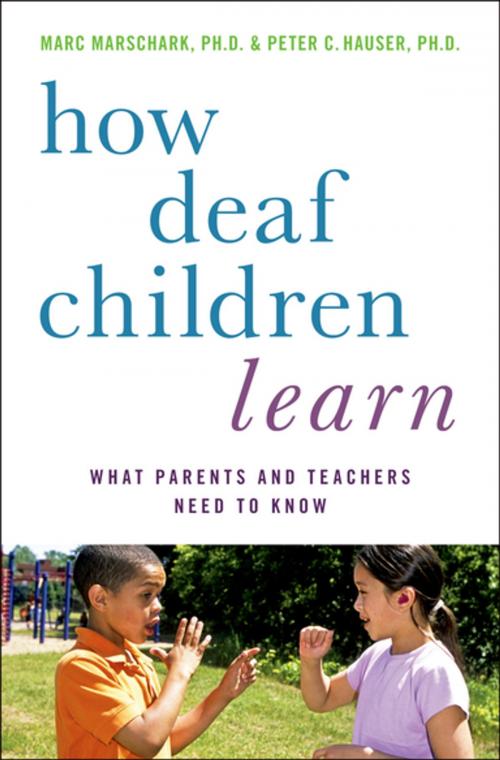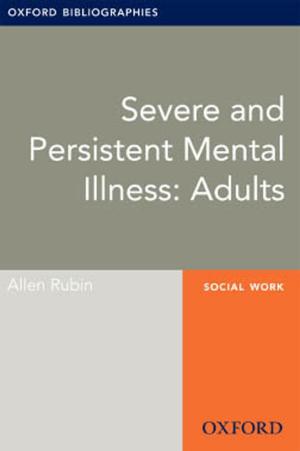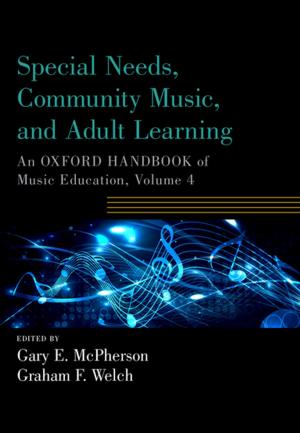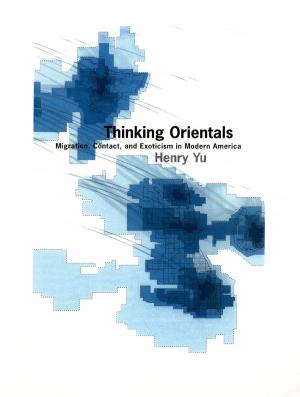How Deaf Children Learn
What Parents and Teachers Need to Know
Nonfiction, Health & Well Being, Psychology, Clinical Psychology, Child & Adolescent, Child Development, Medical| Author: | Marc Marschark, Peter C. Hauser | ISBN: | 9780199912483 |
| Publisher: | Oxford University Press | Publication: | November 22, 2011 |
| Imprint: | Oxford University Press | Language: | English |
| Author: | Marc Marschark, Peter C. Hauser |
| ISBN: | 9780199912483 |
| Publisher: | Oxford University Press |
| Publication: | November 22, 2011 |
| Imprint: | Oxford University Press |
| Language: | English |
How can parents and teachers most effectively support the language development and academic success of deaf and hard-of-hearing children? Will using sign language interfere with learning spoken language? Should deaf children be placed in classrooms with hearing children? Are traditional methods of teaching subjects such as reading and math to hearing children appropriate for deaf learners? As many parents and teachers will attest, questions like these have no easy answers, and it can be difficult for caring adults to separate science from politics and fact from opinion in order to make informed decisions about how to help deaf children learn. In this invaluable guide, renowned authorities Marc Marschark and Peter Hauser highlight important new advances in scientific and educational research that can help parents and teachers of students with significant hearing loss. The authors stress that deaf children have strengths and needs that are sometimes very different from those who can hear. Consequently, if deaf students are to have full academic access and optimal educational outcomes, it is essential that parents and teachers learn to recognize these differences and adjust their teaching methods to them. Marschark and Hauser explain how the fruits of research conducted over the last several years can markedly improve educational practices at home and in the classroom, and they offer innovative strategies that parents and teachers can use to promote learning in their children. The result is a lively, accessible volume that sheds light on what it means to be a deaf learner and that provides a wealth of advice on how we can best support their language development, social skills, and academic success.
How can parents and teachers most effectively support the language development and academic success of deaf and hard-of-hearing children? Will using sign language interfere with learning spoken language? Should deaf children be placed in classrooms with hearing children? Are traditional methods of teaching subjects such as reading and math to hearing children appropriate for deaf learners? As many parents and teachers will attest, questions like these have no easy answers, and it can be difficult for caring adults to separate science from politics and fact from opinion in order to make informed decisions about how to help deaf children learn. In this invaluable guide, renowned authorities Marc Marschark and Peter Hauser highlight important new advances in scientific and educational research that can help parents and teachers of students with significant hearing loss. The authors stress that deaf children have strengths and needs that are sometimes very different from those who can hear. Consequently, if deaf students are to have full academic access and optimal educational outcomes, it is essential that parents and teachers learn to recognize these differences and adjust their teaching methods to them. Marschark and Hauser explain how the fruits of research conducted over the last several years can markedly improve educational practices at home and in the classroom, and they offer innovative strategies that parents and teachers can use to promote learning in their children. The result is a lively, accessible volume that sheds light on what it means to be a deaf learner and that provides a wealth of advice on how we can best support their language development, social skills, and academic success.















